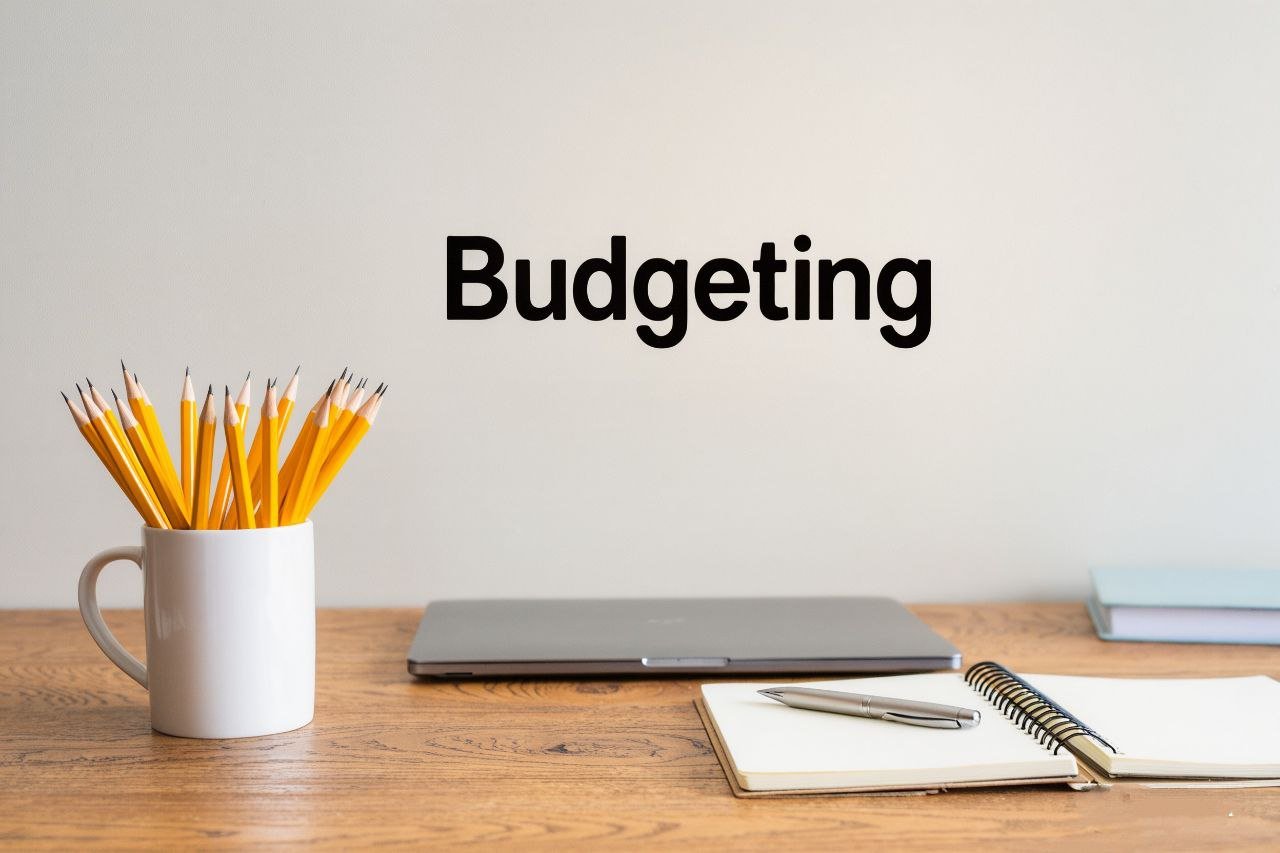Managing money can feel overwhelming when you’re just starting out, but the truth is that financial freedom begins with one simple habit: budgeting. Whether you’re a student learning to manage expenses, a young professional trying to save, or someone looking to escape the paycheck-to-paycheck cycle, building a realistic budget is your first step toward long-term stability.
This guide will walk you through the basics of budgeting, explain why it’s important, and give you a step-by-step plan to start managing your money wisely.
Why Budgeting Matters
Budgeting isn’t about restricting yourself or cutting out everything fun in your life. Instead, it’s about giving your money a purpose and making sure every dollar works for you. Without a budget, it’s easy to overspend, fall into debt, or wonder why your bank balance is always low.
With a clear budget:
- You know where your money is going.
- You can prioritize needs over wants.
- You’ll build savings for emergencies and long-term goals.
- You reduce financial stress and gain peace of mind.
Step 1: Track Your Income and Expenses
The first step is awareness. Write down how much money you earn each month (your salary, freelance income, side hustles, etc.). Next, track all of your expenses for at least one month.
Expenses usually fall into two categories:
- Fixed Expenses: Rent, mortgage, insurance, utilities.
- Variable Expenses: Food, entertainment, shopping, transportation.
Once you see where your money goes, you’ll likely discover areas where you can cut back.
Step 2: Set Financial Goals
A budget is only effective if it’s connected to your goals. Think about what you want to achieve financially:
- Build an emergency fund
- Pay off debt
- Save for a vacation
- Invest for retirement
- Buy a home
Setting goals makes budgeting feel purposeful and motivating.
Step 3: Choose a Budgeting Method
There’s no one-size-fits-all budget. Here are three beginner-friendly methods:
1. The 50/30/20 Rule
- 50% of income → Needs (rent, bills, groceries)
- 30% of income → Wants (eating out, hobbies, travel)
- 20% of income → Savings and debt repayment
This is simple, balanced, and easy to follow.
2. Zero-Based Budgeting
Every dollar has a job. Income minus expenses equals zero. You plan exactly where each dollar goes, from bills to savings to entertainment.
3. Envelope System
Assign cash into physical envelopes (or digital categories) for specific expenses. Once the envelope is empty, you can’t spend more in that category.
Pick the method that feels comfortable for your lifestyle.
Step 4: Build an Emergency Fund
Before investing or making large purchases, focus on saving at least 3–6 months of expenses in an emergency fund. Life is unpredictable — job loss, medical bills, or car repairs can hit anytime. An emergency fund prevents you from relying on credit cards or loans when unexpected expenses occur.
Step 5: Cut Back on Unnecessary Spending
A budget is not about living without joy; it’s about spending intentionally. Look for areas to save without sacrificing quality of life:
- Cook at home instead of eating out daily.
- Cancel unused subscriptions.
- Buy generic brands instead of name brands.
- Use public transport or carpool to save on fuel.
These small changes add up over time.
Step 6: Automate Savings and Payments
One of the easiest ways to stay consistent is automation. Set up automatic transfers for savings and bill payments. This ensures you never forget and prevents the temptation to spend money meant for saving.
Step 7: Review and Adjust Regularly
Budgets aren’t set in stone. Review your spending at the end of each month and adjust if needed. Maybe your grocery bill is higher than expected, or you got a raise at work. The key is staying flexible and updating your budget as life changes.
Common Budgeting Mistakes to Avoid
- Setting unrealistic expectations – Don’t aim to cut everything at once. Start small.
- Forgetting irregular expenses – Budget for things like annual insurance, holiday gifts, or car maintenance.
- Not tracking progress – Use apps or spreadsheets to stay accountable.
- Giving up too soon – Budgeting is a skill that takes practice. Stick with it.
The Benefits of Budgeting
When you consistently budget, you’ll experience:
- Reduced stress from financial uncertainty.
- More control over spending habits.
- Steady progress toward financial goals.
- The confidence that comes with financial freedom.
Remember, financial freedom isn’t about how much money you make — it’s about how well you manage the money you already have.
